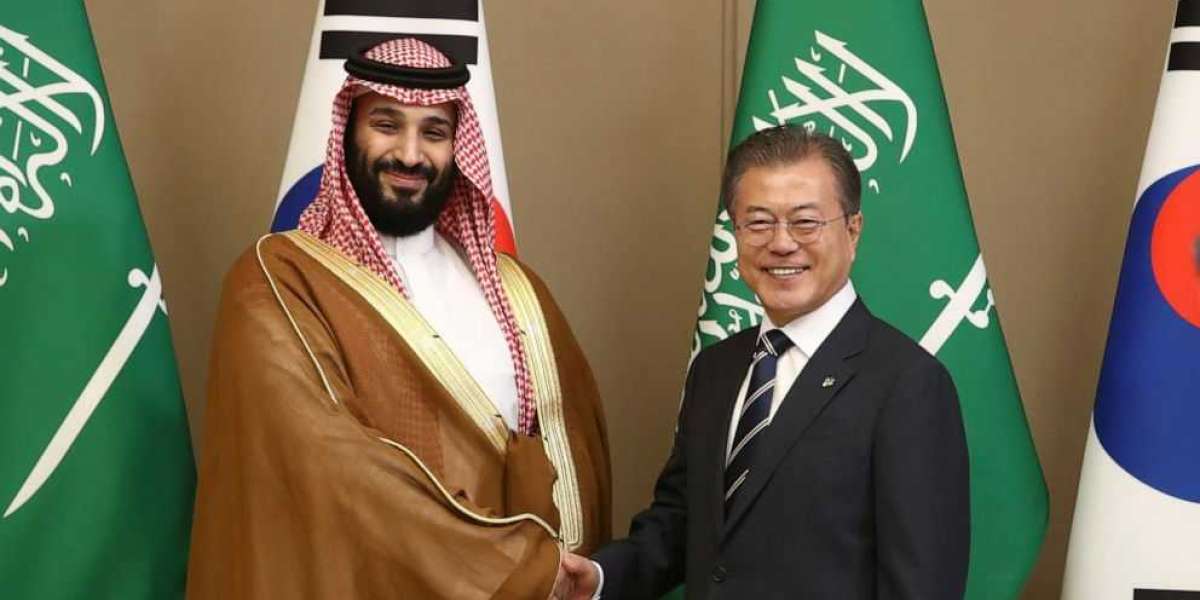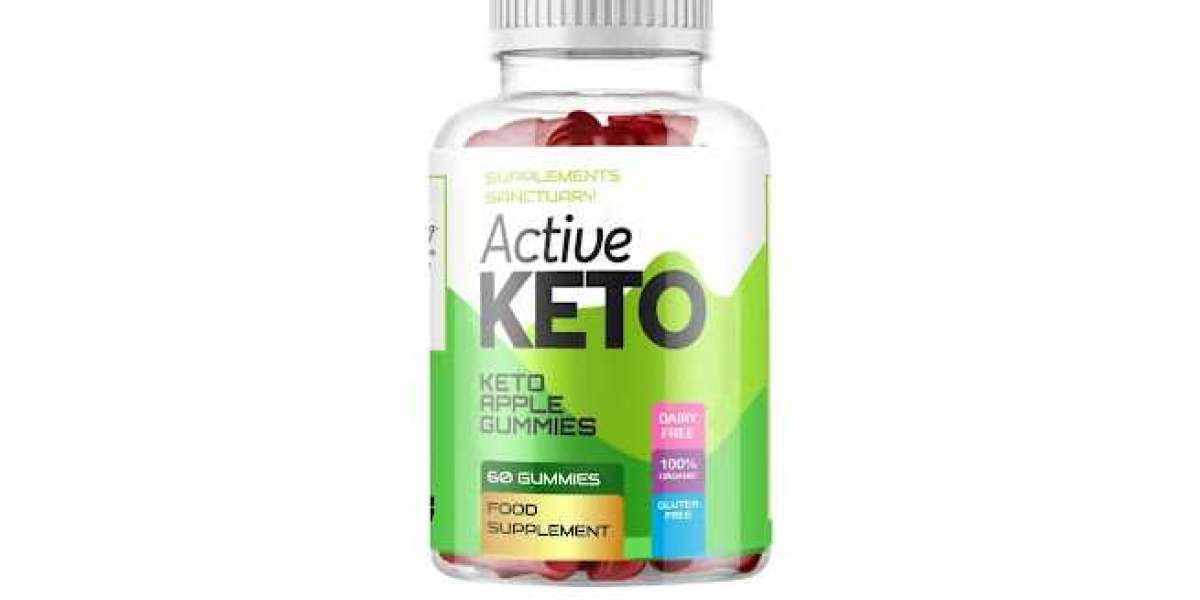During a meeting in Riyadh on Tuesday, South Korean President Moon Jae-in and Saudi Arabia's de facto ruler Crown Prince Mohammed bin Salman discussed ways to expand bilateral cooperation beyond construction and infrastructure to more future-oriented industries such as hydrogen.
They agreed to establish a hydrogen ecosystem in which Saudi Arabia delivers carbon-neutral hydrogen and ammonia and South Korea assists the Arab nation in the operation of hydrogen-powered cars and hydrogen infrastructure, such as fuel stations, during the meetings.
South Korea is one of Saudi Arabia's most important strategic partners in the country's Vision 2030 agenda, which aims to reduce the country's reliance on oil while also boosting the country's public service sector. Saudi Arabia is aiming to increase hydrogen production to 400 tons per year by 2030, which would be the world's highest level. The country's goal is to become carbon neutral by 2060.
According to data from the Korea International Trade Association, Saudi Arabia is Korea's most important commercial partner in the Middle East, accounting for more than 30 percent of the country's crude oil imports last year.
In remarks delivered later in the day at a business forum, President Moon said, "Saudi Arabia, which possesses the potential to produce clean hydrogen such as green and blue hydrogen, as well as South Korea, which possesses strength in hydrogen utilization based on hydrogen-powered cars and fuel cell technology, must cooperate to lead the global hydrogen economy."
His message also included a call for Saudi Arabian business leaders to increase cooperation with South Korea in areas such as public health and digital technology in order to better prepare for the post-pandemic period.
During the high-level talks, a total of 14 preliminary agreements were signed to strengthen economic cooperation between the two countries in the fields of manufacturing, energy, public health, and hydrogen, among other things.
One company, S-Oil, the nation's third-largest oil refiner, signed four agreements with Saudi Aramco, the country's state-owned oil company, to increase research and investment in renewable energy. S-Oil intends to import blue hydrogen and blue ammonia from Saudi Arabia, both of which are fueled by natural gas, in order to develop relevant infrastructure and foster new economic opportunities.
As part of the agreement, Doosan Heavy Industries and Construction will collaborate with the Saudi Arabian Industrial Investment Company (SAIIC) and Saudi Aramco to construct the world's largest foundry and forging plant by 2025. To meet the needs of the petrochemical industry, a joint venture called TWAIG Casting Forging will be established to produce 60,000 tons of machine components per year, as well as equipment for the shipbuilding and offshore industries.
Yasir al-Rumayyan, the chairman of Saudi Aramco who also serves as the chief executive of the kingdom's sovereign wealth fund, known as the Public Investment Fund, also met with President Moon. During the discussion, Moon underlined that Saudi Arabia would benefit from collaboration with Korea's hydrogen-related companies since it would create investment prospects.
In the midst of their eight-day trip to three nations in the Middle East, Moon and first lady Kim Jung-sook are currently in Seoul. Following their visits to the United Arab Emirates and Saudi Arabia, the pair is set to travel to Egypt on Wednesday, according to their itinerary thus far.



